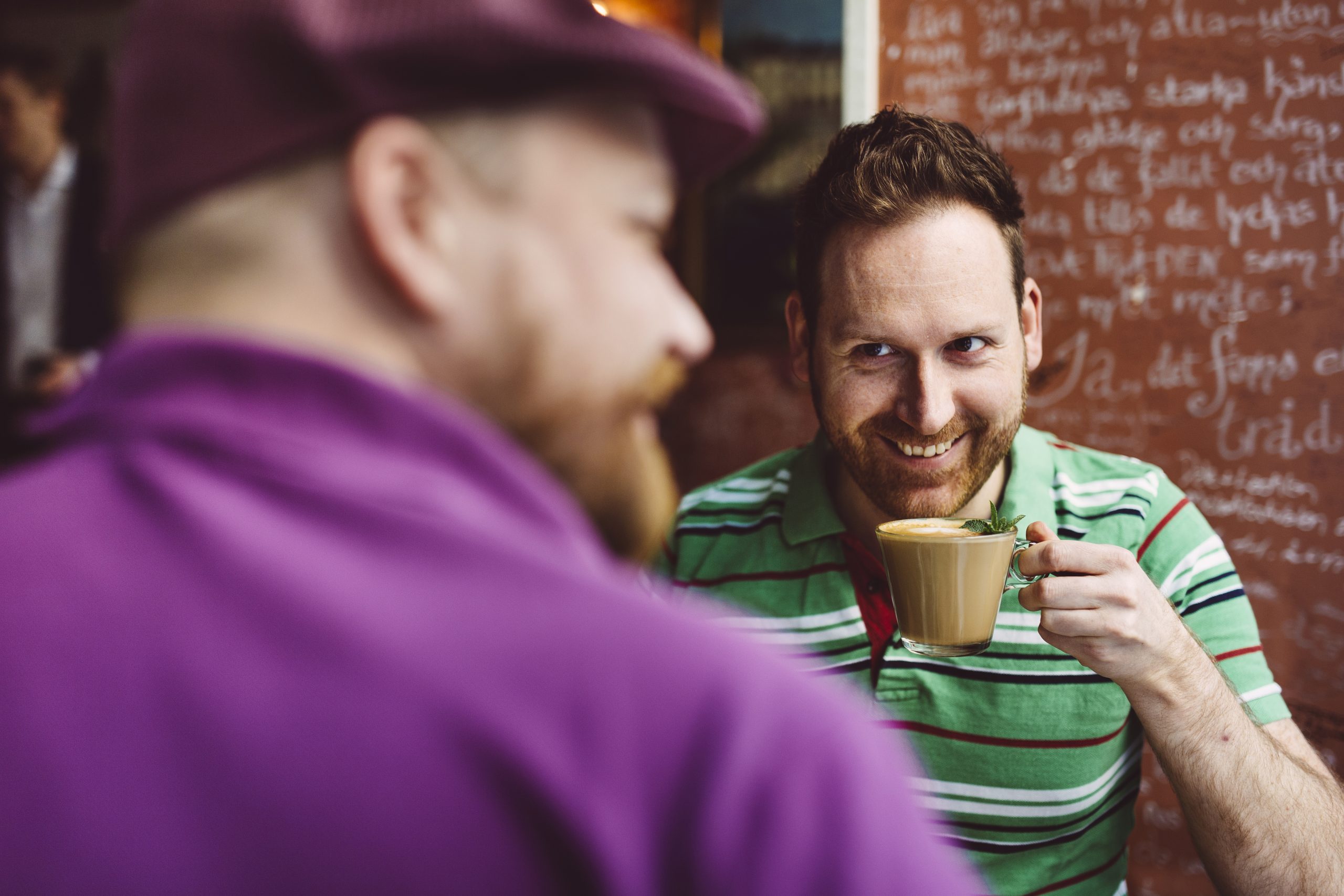Sweden Did It Right – We Did It Wrong
While most western countries reacted to COVID-19 with shutdowns and relief cheques while imposing a bewildering array of social distancing rules and regulations, Sweden did none of that. Instead, it imposed a minimum number of laws – a rule against large gatherings being one – and let its citizens make their own decisions about social distancing. In this way older people, or those with health problems, could choose to do more social distancing, while younger and healthier people could choose to remain at work and frequent restaurants and other gathering places.
Most critics condemned the Swedes for daring to be different by going against the lockdown model. Yet, the fact is Sweden was doing what was done in pandemic times since civilization began. They provided the best health information possible to the public, protected the elderly, and let people make their own decisions.
Yet, the Swedes didn’t throw caution to the wind. During the height of the pandemic in Stockholm you didn’t see elderly or known vulnerable health-compromised people out in public, only the strong and healthy. Facilities, like restaurants, that didn’t follow good social distancing practices would simply not have customers. And Swedish children remained in school
The virus ran through the Swedish population and cruelly picked off the frail, as it has in other countries. The virus has been just as hard on elderly people with health problems in Sweden as it has been everywhere else. But, it seems that Sweden has now come close to herd immunity (when a large percentage of the population has developed anti-bodies through prior illness) and returning to normal life.
People are intelligent and can make their own health decisions. They don’t need a nanny government making all of their decisions for them. As long as the elderly and otherwise vulnerable are protected, people can make their own health and safety choices
Sweden did not do a perfect job.
They admit that they should have done more to protect nursing homes, where their deaths were as bad as Ontario’s and Quebec’s. However, on the whole, Sweden has emerged from this pandemic with death numbers about the European average – better than Britain, Italy and Spain, but not as good as Norway and Denmark. Sweden has about 6,000 Covid-19 deaths to date. In a country of ten million that is a relatively small number. (In fact, when compared to the number of deaths from cancer, heart attacks and accidents it is a tiny number).
Countries that have aggressively suppressed, and likely only delayed, the virus, like Norway and Denmark, will eventually catch up in death numbers when the virus takes hold there.
Sweden has avoided massively damaging its economy – not as has happened in all of the lockdown countries. While there was a contraction in their economy during the height of the pandemic, their economy has largely recovered. And, without incurring the crushing debts of the lockdown countries.
Sweden’s approach has worked. They were right – we were wrong.
It has been folly to close our schools, quarantine not-at-risk populations, order businesses closed, and put the population on welfare. Our children and grandchildren will pay a huge price for our foolishness.
We should have done what Sweden did. If the next wave comes, it is the Swedish model we should follow.
Brian Giesbrecht, a retired judge, is a senior fellow at the Frontier Centre for Public Policy



